Now What? The Aftermath of Charlie Kirk
Charlie Kirk joined Melissa Hortman, Mark Hortman, Josh Shapiro, John Hoffman, Yvette Hoffman, Brian Sicknick, and countless innocent school children as the latest victim of America’s culture war. Kirk’s assassination was horrific, and the coming weeks might prove even more violent if we continue to allow identify politics, ideology, and rage to frame our response.
I have no interest in lionizing, labeling, discussing, debating, or crucifying Kirk. Nor do I have the energy to engage in the narrative warfare, where the same event is being used to justify diametrically opposed worldviews. Kirk’s opinions about Black women, the Black community, women in general, liberal professors, LGBTQIA persons, immigrants, Christian Nationalism, and guns are available for anyone with ears to hear and a data plan.
As I scrolled through social and mainstream media this weekend, I realized just how much these platforms reward immediacy, outrage, and certainty, but never silence. Each time I felt like adding my thoughts to the national conversation, it felt like an act of aggression.
But when I woke up Friday morning, the temptation got the better of me. I got up, went downstairs, sat down at my computer with a head full of thoughts and a heart full of emotions, and nothing came out. Nothing felt right or enough on a day when the entire world was screaming past each other.
First, I considered writing an essay about the dangers of dualism, how dividing the world between left and right, good and evil, and us vs them always leads to violence. Or how Americans love the blame game. Everything is always someone else’s fault. Why look at yourself when you can scapegoat a different community, race, or political party. “We compare, we compete, we conflict, we conspire, we condemn, and we crucify,” writes Father Richard Rohr. And since most Americans find their deepest identity in their political party and not in their innermost self, the back and forth never ends.
But, I’ve said that before.
Then I considered writing an essay on empathy. Although Charlie Kirk said that he “can’t stand” the word empathy and believed it was a “made-up, new age term,” he is still deserving of compassion. When we lose the ability to feel empathy even for our political enemies, we are one step closer to pure evil. Conservative Christians like Allie Beth Stuckey, Sean Feucht, Mark Driscoll, and Doug Wilson have spent the last few years reframing empathy as a sin. It makes sense. When one’s political and religious community prioritizes domination, power, hierarchy, and purity codes, empathy feels like weakness. And yet, active love looks like compassion, or the sometimes agonizing ability to experience what it’s like to live in somebody else’s skin, to walk in their shoes, feel their pain, and understand their lived experience.
But, I’ve said that before.
Then I considered writing about the power of words—how life and death are in the power of the tongue. When grieving widow Erika Kirk first stood up in front of a global audience and said, “The evildoers responsible for my husband’s assassination have no idea what they’ve done,” followed by the searing statement, “They killed Charlie because he preached a message of patriotism, faith, and God’s merciful love,” I couldn’t help notice the weaponry in her words.
Who is “they?” Charlie Kirk was killed by a white male, not a cabal of left-wing evildoers.
Using the word “they” to describe political opponents as a singular, evil collective is not only misleading—it’s dehumanizing. It oversimplifies complex human beliefs and motivations, reducing individuals to caricatures rather than acknowledging their humanity. This kind of generalization fosters division, fuels misunderstanding, and shuts down meaningful dialogue. When we lump people together under a label of blame, we lose the opportunity to engage, find common ground, and to pursue peace. I do it all the time when describing white evangelicals, and it is wrong every single time I do it. As America moves into an even darker period of political division, resisting the urge to lump your adversaries into a monolithic mob is a radical act of peace.
But I’ve said all of that before.
Even this morning, saying anything feels combative. Sometimes, the only faithful response is silence.
Quiet stillness isn’t about withdrawal—it’s about being fully present with what is, without rushing to react. It’s a way of cultivating peace in the midst of turmoil, creating space for compassion—both for yourself and for others. One of the most transformative spiritual practices you can do in the weeks to come is to simply sit with all this discomfort, anger, and fear without rushing to fix it, escape it, blame it, or define it. Just be in it with everyone else. No judgment. No condemnation. Pure presence in this very scary moment. When the national conversation descends into madness, when words are weaponized and silence is suspect, choosing not to engage is a transformative act.
Several years ago, during the darkest season of my life, my friend and former priest, Father Brendan E. Williams, handed me a copy of When Things Fall Apart by Pema Chödrön. It’s no exaggeration to say this book saved me.
Each morning for thirty straight days, I got up and read her words in meditative silence. As a Buddhist monk and spiritual director, Chödrön invites us into the practice of deep stillness—not as escape, but as a way of being fully alive to each moment. For Chödrön, peace doesn’t come from controlling our circumstances or clarifying our ideologies, but from letting go of the need to cling to this while rejecting that. Whether joy or sorrow, clarity or confusion, we are called to sit with it all in peace. In so doing, we meet life with open amazement. Being with what’s going on, rather than trying to solve or shame it, is often the only way to create space for healing to unfold.
As Chodron shares:
It’s a transformative experience to simply pause instead of immediately fill up the space. By waiting, we begin to connect with fundamental restlessness as well as fundamental spaciousness…This very moment is the perfect teacher, and, lucky for us, it’s with us wherever we are. This fundamental richness is available in each moment. The key is to relax. When we are able to be hear without saying, ‘I certainly agree with this,” or ‘I definitely don’t agree with that,’ but just be here very directly, then we find fundamental peace everywhere.”
True peace, especially in a world so often at war, calls for a spacious stillness, or a quiet openness that allows us to sit with suffering without resisting, fixing, or fighting. This radical act of presence provides capacity to remain tender and awake in the face of evil, and to meet life as it comes to you, with compassion instead of control.
Instead of adding more noise to the national conversation, I went down to the park and read poetry. There in the shadow of the Rocky Mountains, I sat in peaceful silence. I can’t create peace on earth, but I can cultivate inner peace through spacious practice. “Silence is radical because it requires letting go of our efforts to control our lives. In that ‘death’ we experience a fullness of life we cannot create for ourselves. Silence is the space where our unrestrained passions will be transformed into love of God and our neighbor,” writes David Keller.
When everyone is talking and hardly anyone is listening, silence creates room to hear drowned out voices and the complexity behind the hot takes. You might even say silence is a form of resistance. By refusing to participate in the binary framing of this incident, you reject the premise that every issue must be a battleground in the ongoing culture war. Silence is also protection. It allows the time and space to avoid emotional or tribal reactions, preserving your integrity. It’s just a way of saying, “I’m here, I’m processing and listening, but I’m not yet ready to say anything just yet.”
It is not my place to tell you how to react to this national tragedy, or the next one coming up this week. Living in these United States is a weekly, if not daily dose of trauma. Pausing, being still, refusing to add your voice to the cacophonous crowd can be the most courageous thing you do.
Silence isn’t absence. It’s presence in this moment of pain without performance.
Gary Alan
Gary Alan Taylor

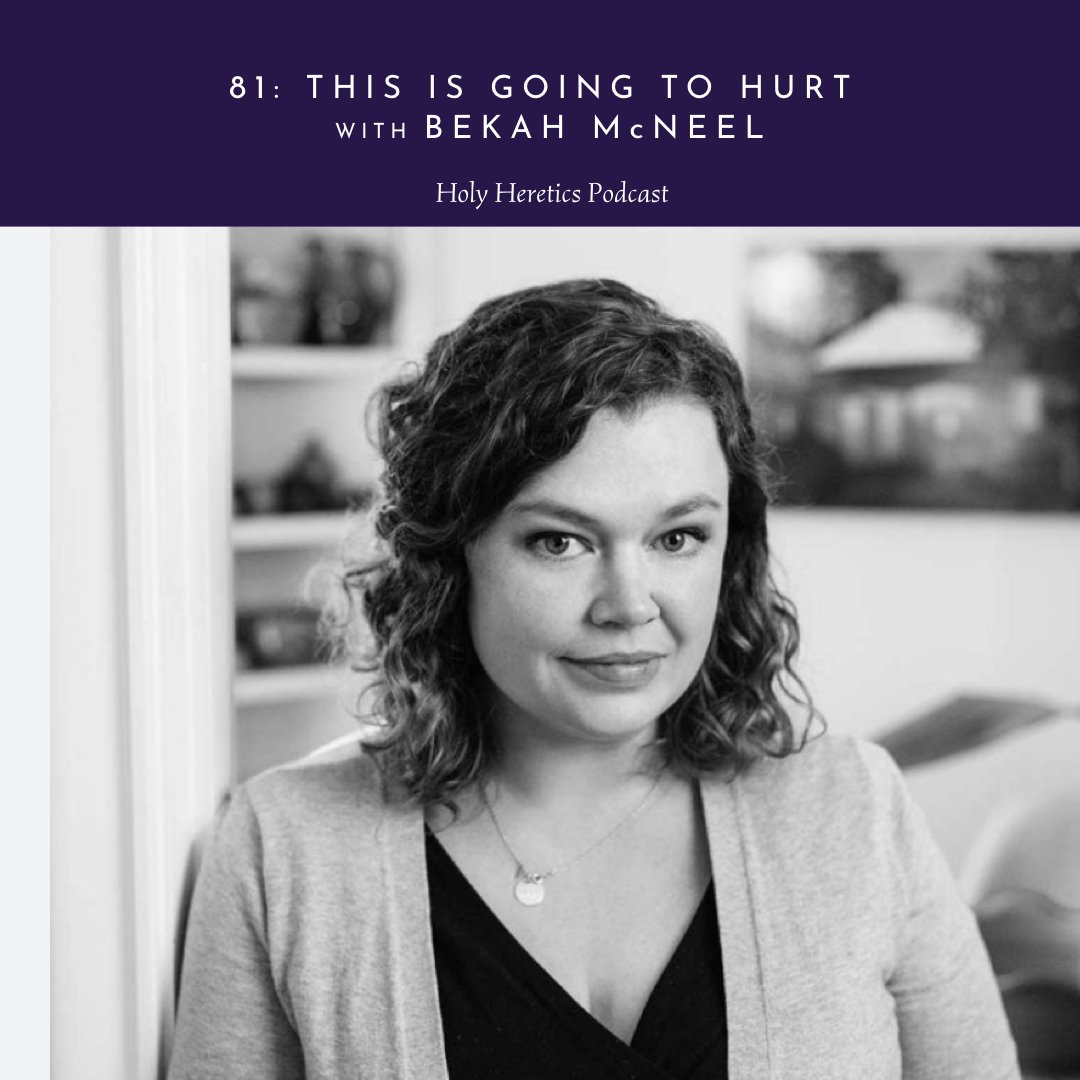
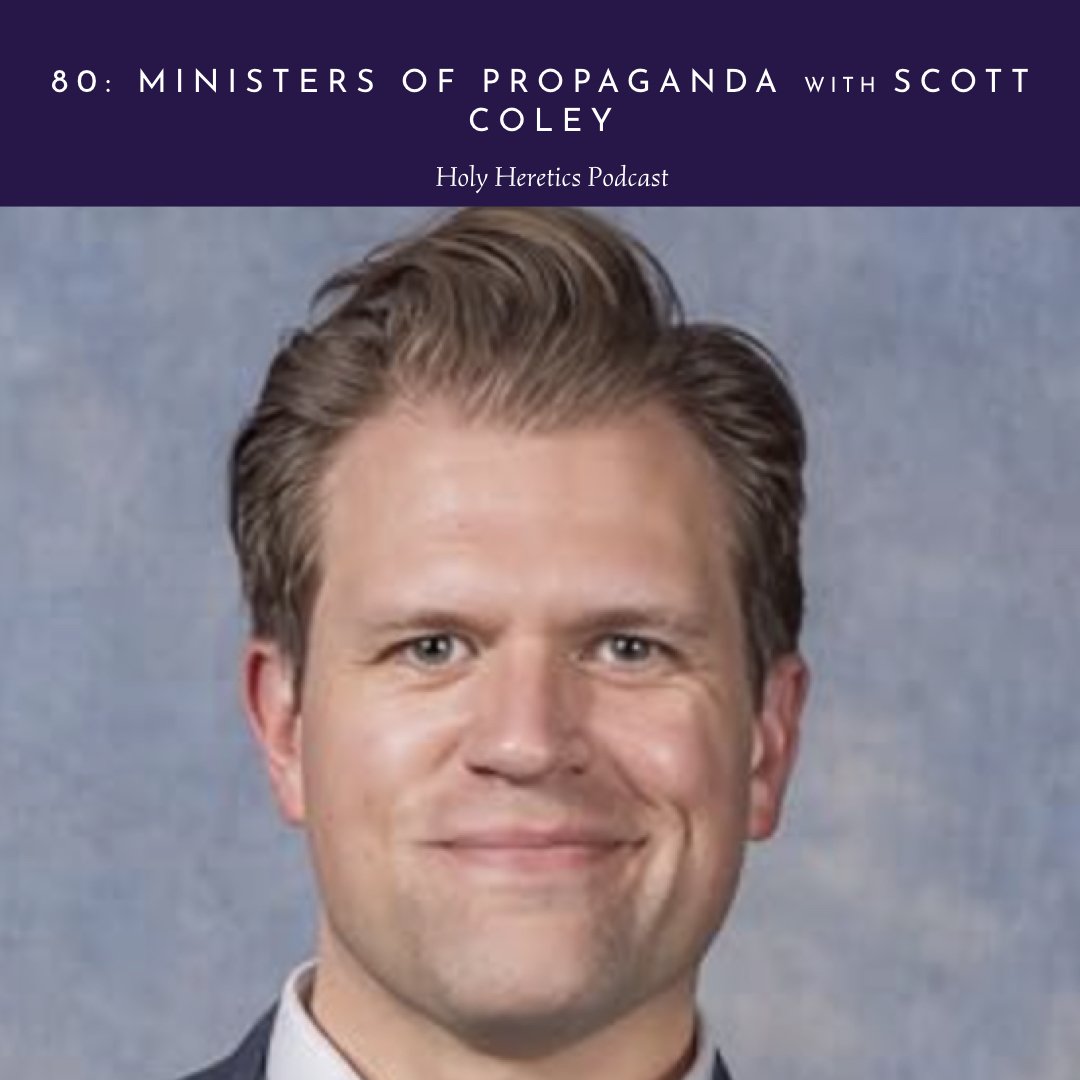
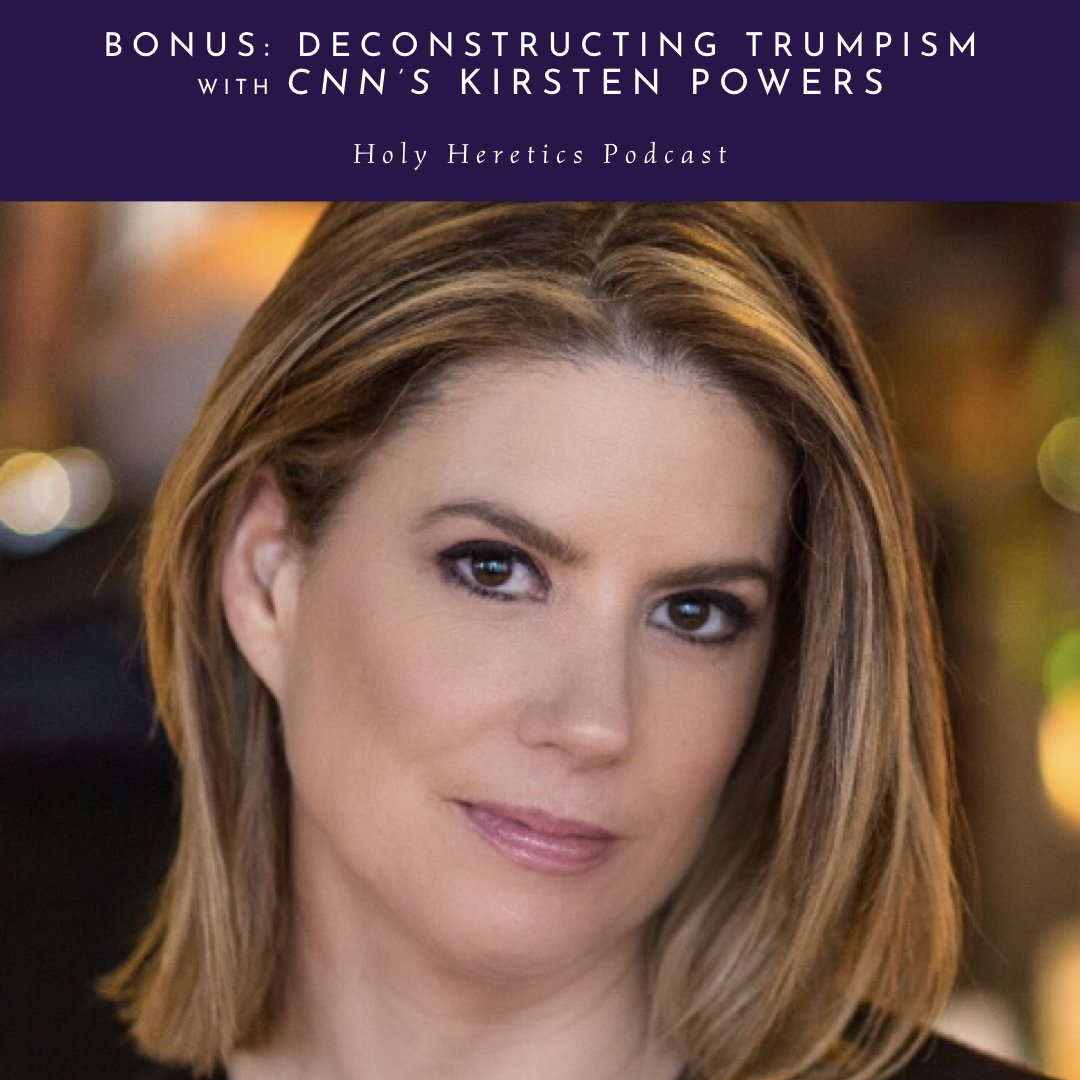
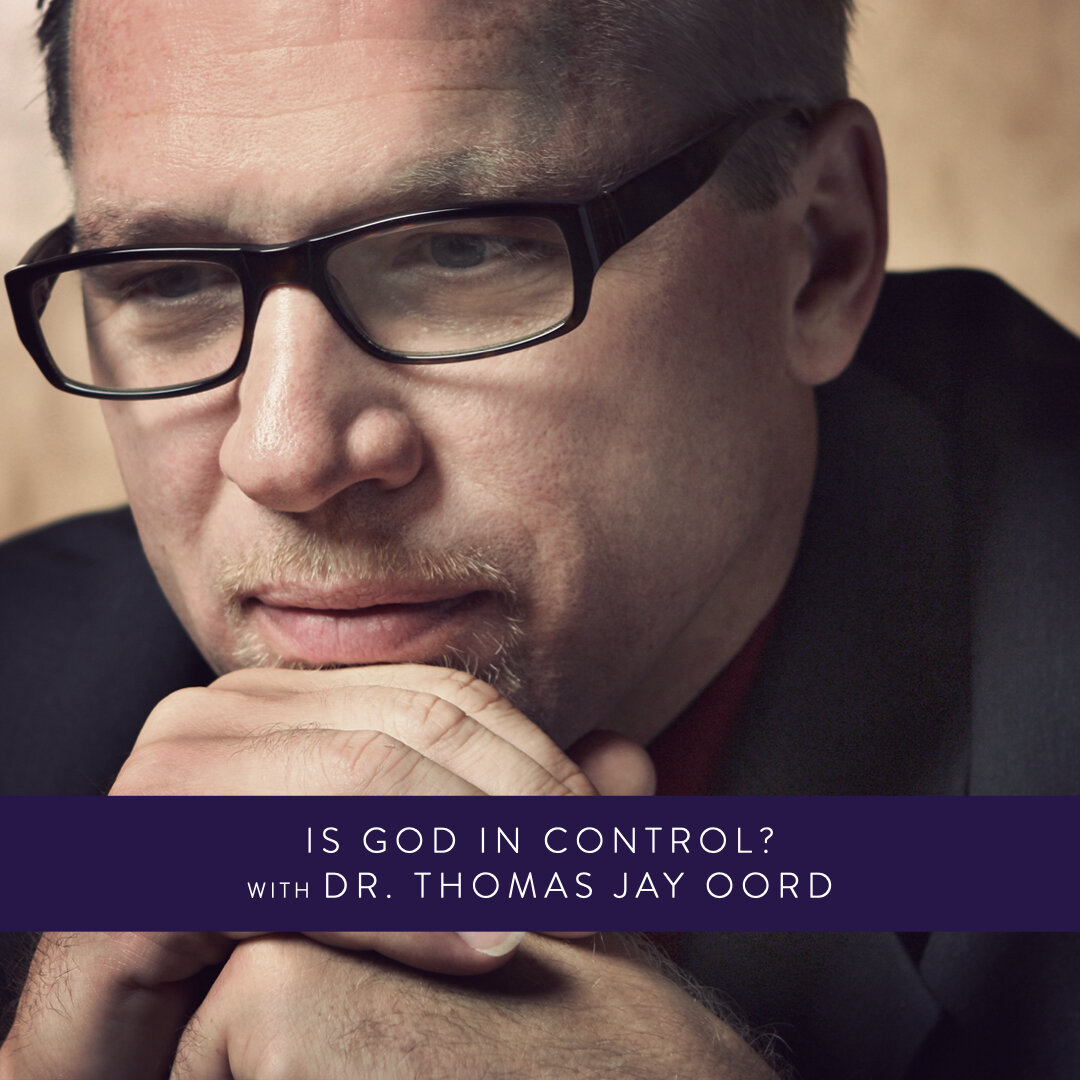
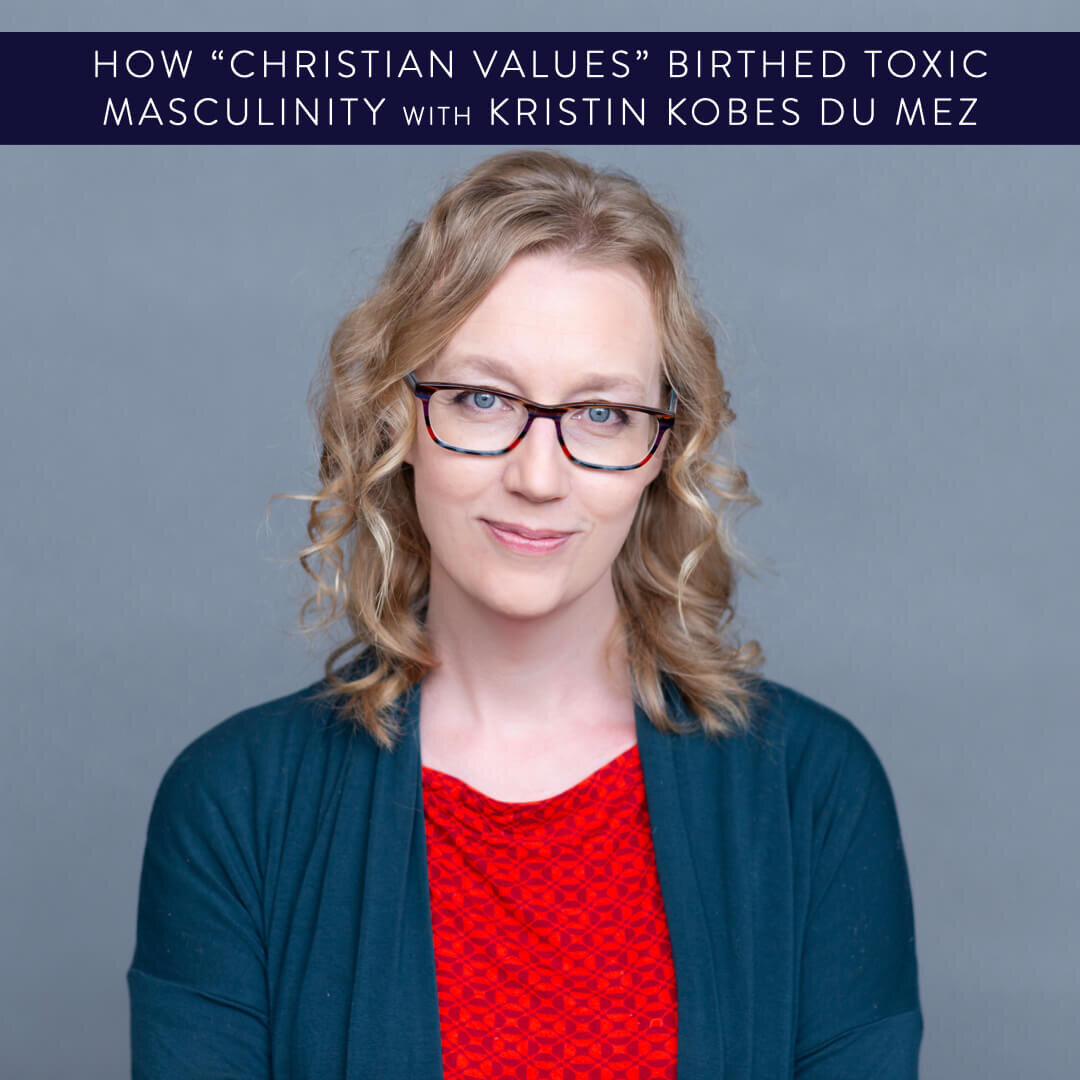
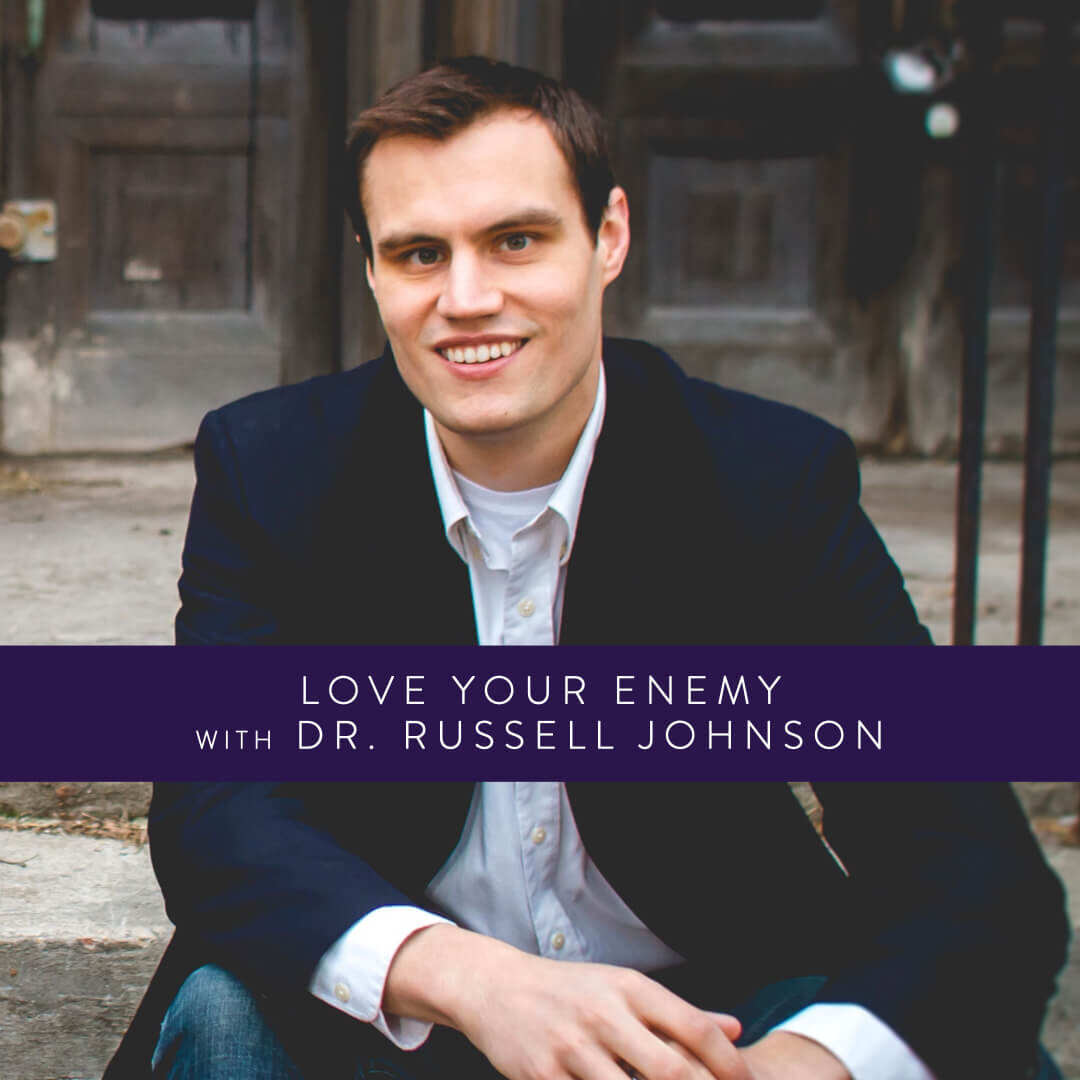
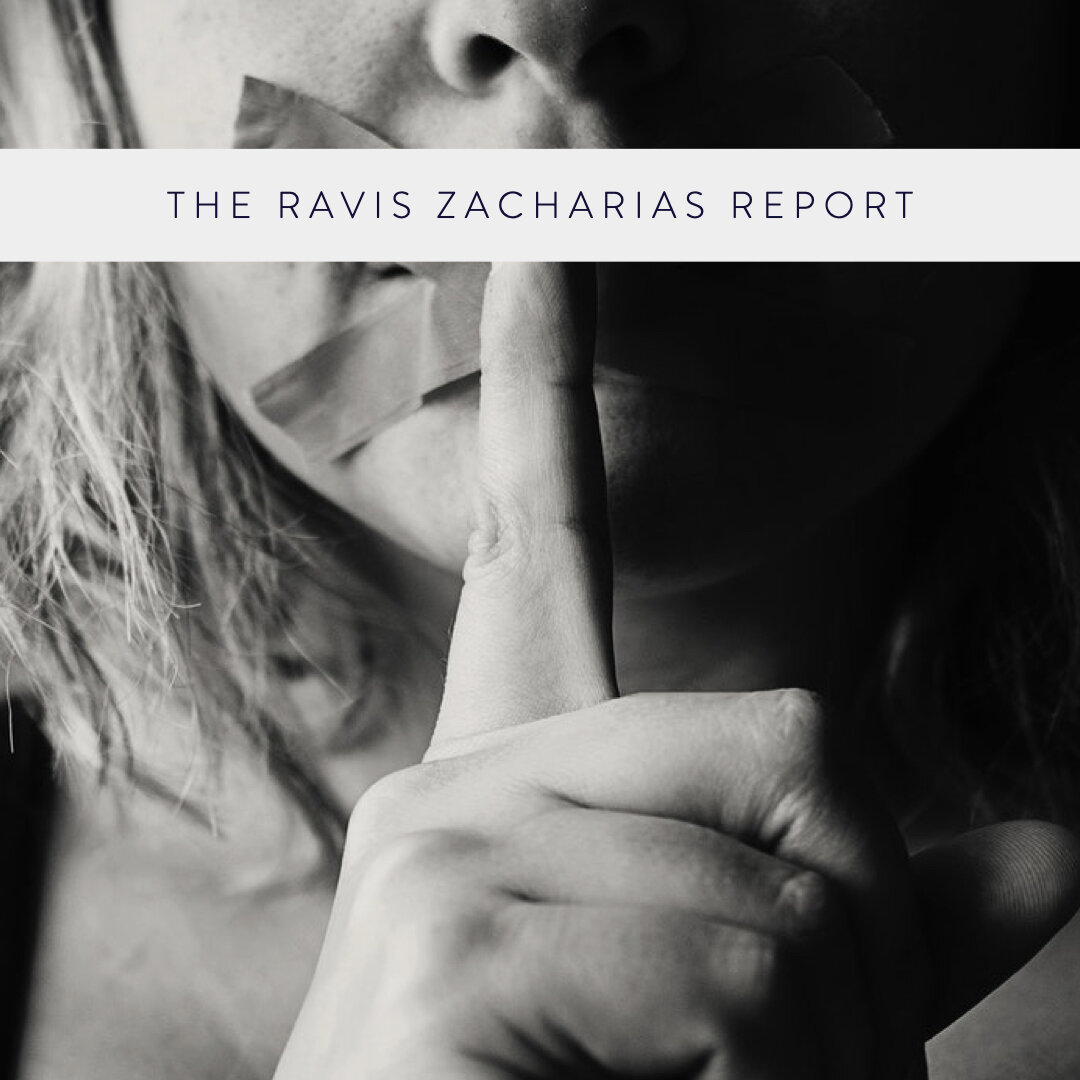
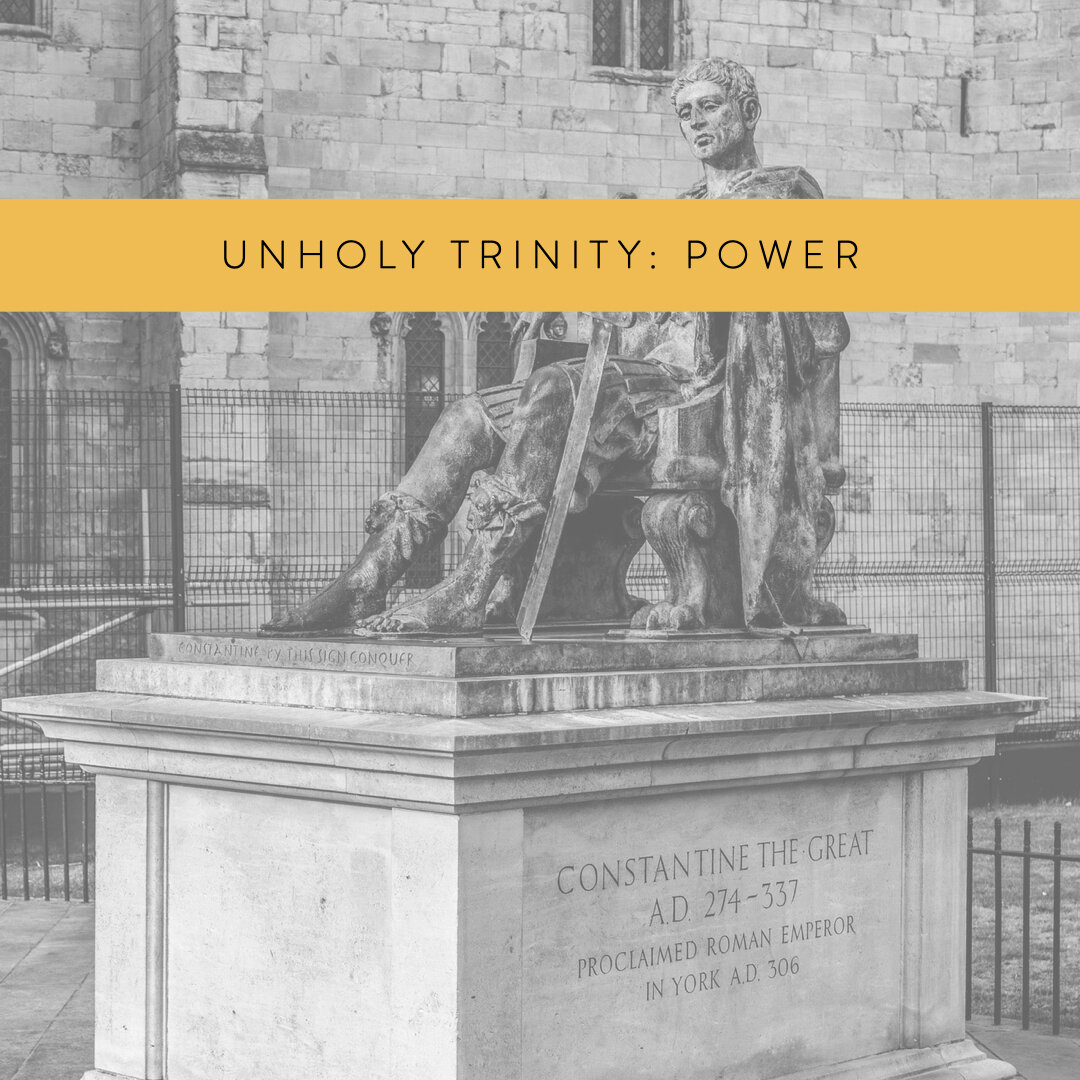
MAGA Christians are cruel because the MAGA cult is cruel; and MAGA Christians are cruel because cruel people tend to become MAGA members.